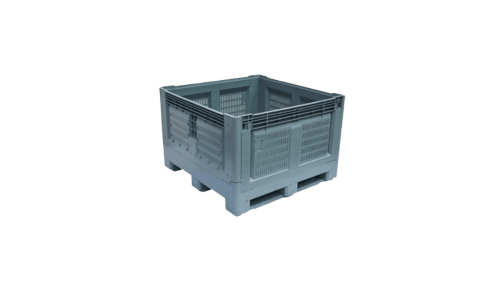The food and beverage industry in Australia is a profitable and competitive place, especially when exporting is considered. With so many companies delivering high-quality Australian goods to eager overseas markets, the competition is tight, and oversights must be avoided.
Industry rundown
According to the Australian Food and Grocery Council, the industry is worth around $70 billion – it’s primarily dominated by the two biggest supermarket chains, Coles and Woolworths. Both of which have about 80 per cent of the market collectively. This also includes discount chain Aldi and Metcash Trading.
Australia’s food and grocery processing sector is an essential aspect of our overall wealth and prosperity as a nation, adding almost 300,000 jobs in 2013-14. Overall, the industry is worth $114 billion in total and 45 per cent of these jobs were in regional areas.
The sector is one whose growth is important to all Australians as it brings the entire country many beneficial outcomes and advantages and is naturally a source of pride, and a valuable part of our image and branding on a global stage.
Companies operating within this sector pour large amounts into the branding and quality of their product, knowing how important the Australian-made image is, and how much weight it carries in these overseas markets.
What’s at stake
With so much time, energy and money invested into designing and manufacturing products, it doesn’t make sense to then turn around and send off these high-quality goods on low-quality wooden pallets.
Wooden pallets can splinter and damage your goods, having them arrive at their destination in a lesser state than when they departed. Plastic pallets are impervious to moisture, and polyethylene and polypropylene pallets are unaffected by weak acids and alkalis most of the time.


Meeting the Australian Quarantine and Inspection Service (AQIS) requirements for export to Australia and New Zealand is a key benefit of an Eco Pallets plastic pallet because this removes the requirement for a Treatment Certificate, which applies to wooden pallets.
By using a certified plastic pallet, your company will be avoiding significant amounts of risk, for example, extended periods of delay for quarantined arrivals and certificate expiry. Counties, for example, China, that are concerned about forestry infestations are also contemplating the implementation of limitations on the transportation of goods on wooden pallets.
For more information on how your company can benefit by using plastic pallets instead of wooden pallets, don’t hesitate to get in touch with Eco Pallets today.










Comments are closed.